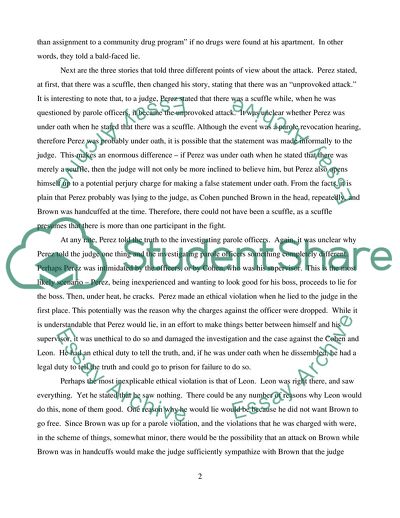The Blue Wall of Silence Case Study Example | Topics and Well Written Essays - 1000 words. https://studentshare.org/social-science/1742712-blue-wall-of-silence-case
The Blue Wall of Silence Case Study Example | Topics and Well Written Essays - 1000 Words. https://studentshare.org/social-science/1742712-blue-wall-of-silence-case.


